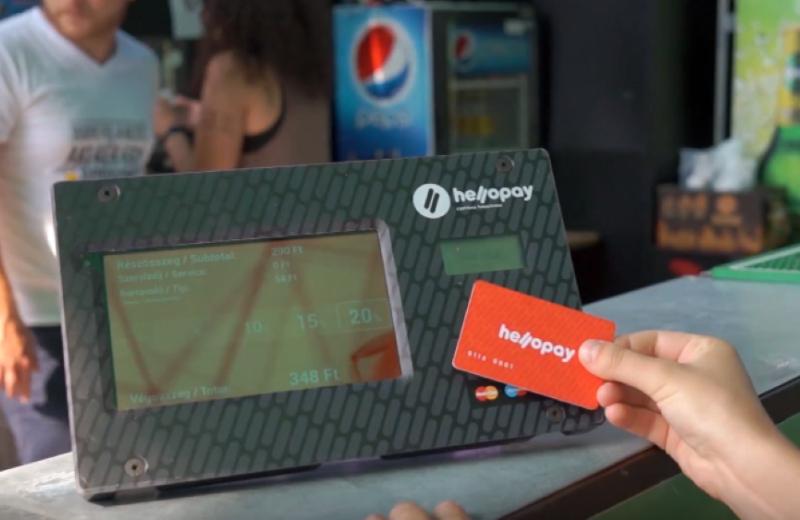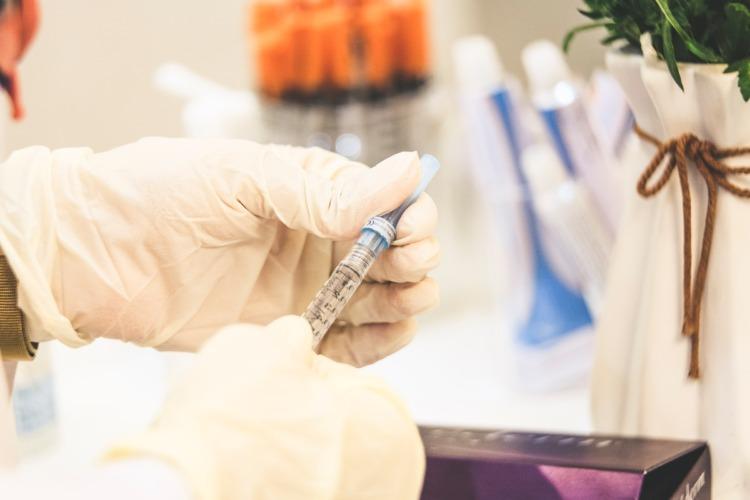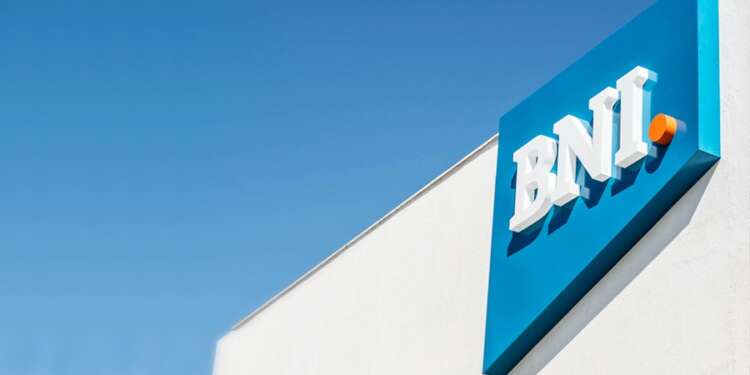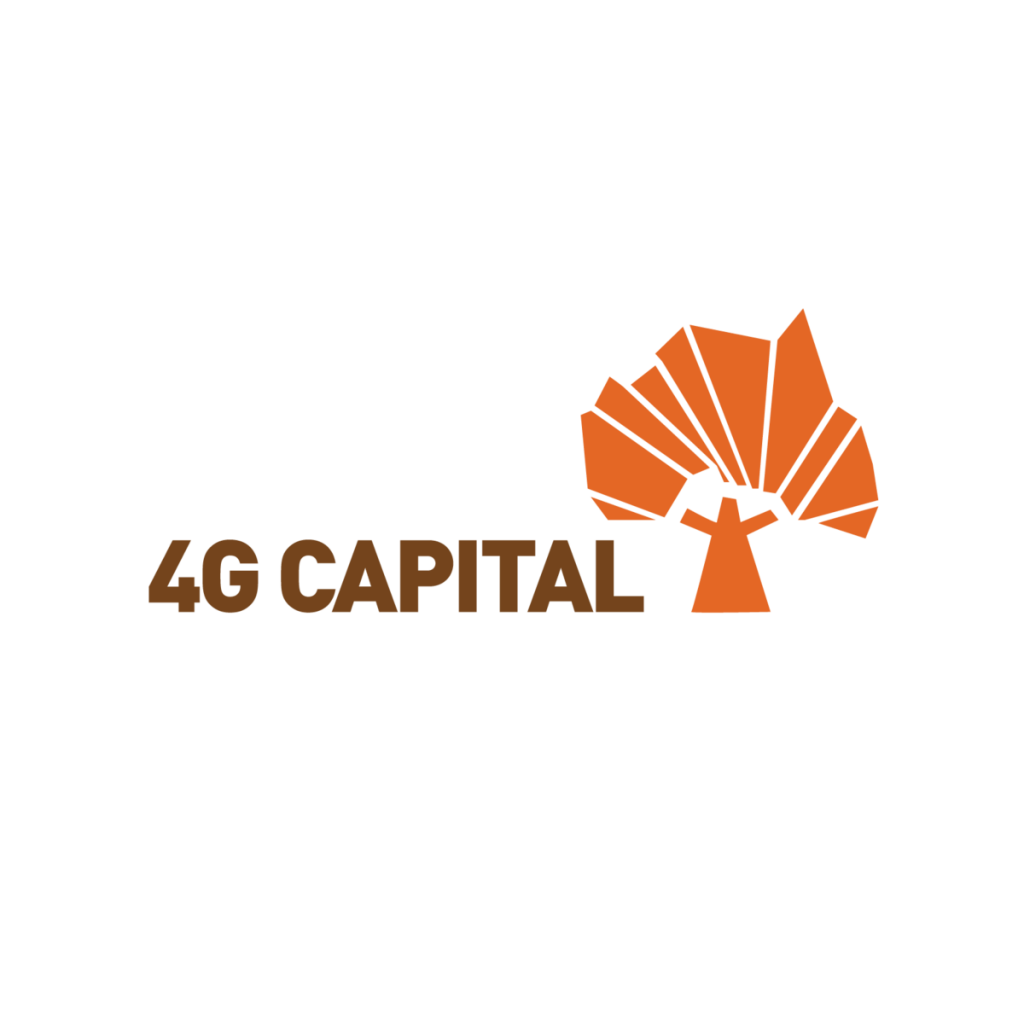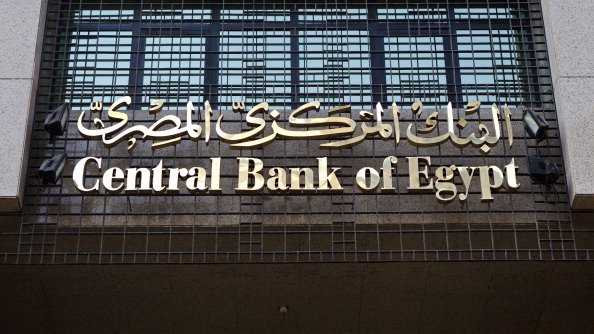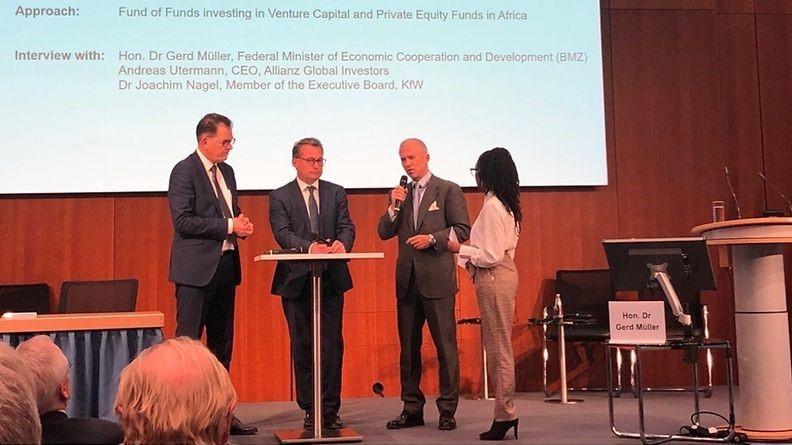- Abu Dhabi radiates optimism as over 300 startups join AIM Congress 2024
- TLcom Capital Raises $154 million in Funding to Boost Its African Growth
- Africa’s $824Bn debt, resource-backed opaque loans slowing growth — AfDB
- LB Investment brings $1.2 trillion portfolio display to AIM Congress spotlight
- AmCham Summit kicks off, setting course for robust future of US-East Africa trade ties
- Why the UN is raising the red flag on the UK-Rwanda asylum treaty
- Portugal’s Galp Energia projects 10 billion barrels in Namibia’s new oil find
- Wärtsilä Energy offers tips on how Africa can navigate energy transition and grid reliability
Browsing: Africa’s SMEs
Hello Pay provides a range of loan amounts, from R30,000 up to R250,000. In addition, the Hello loans’ interest rates are among the industry’s most reasonable rates. Anyone interested in expanding their company is eligible to apply for a loan; Muslim business owners are not the only ones who can do so. The loan can be repaid by the proprietors of the business over a period of up to a year.
“We provide entrepreneurs with the assistance they require to grow into profitable and sustainable enterprises.” Given the enormous challenges that SMEs face, Hello Pay is delighted to play a role in connecting thousands of meriting business owners with solid financial services so that they can focus on running their businesses and providing necessary goods and services to millions of South Africans” Miya explains.
According to Miya, the primary duty of recovering the economy and producing millions of new jobs …
The public sector in many African countries continues to struggle to deliver healthcare.
This is according to data by Medical Credit Fund which indicates that more than fifty percent of Africans are forced to use private healthcare facilities as an alternative.
Medical Credit Fund is a not-for-profit initiative exclusively dedicated to financing small and medium-sized healthcare companies in Africa.
The Fund notes that many private healthcare facilities are mainly run as health small and medium sized healthcare companies and are the ones that serve the lower income groups.
These however have poor infrastructure and equipment and limited means to invest in quality improvement.
The Fund also reveals that commercial banks often shy away from health SMEs because they consider them to be too risky.
IMF approves $1b to Ghana to address COVID-19
Change of Tune
To grow this SME sector, those in business are now turning to credit.
According to …
Following recent announcements from the government, Mozambique’s BNI (Banco Nacional de Investimentos) is about to launch two credit lines to assist the country’s SMEs to mitigate the effects of the COVID19 pandemic.
Small and medium companies represent the core of the country’s formal/ informal economy and have been heavily affected by the pandemic. The new credit lines are due to be officially announced by BNI this week and will address specifically SMEs, hospitality and education with an expected interest rate below the market rates.
Also Read: Legal pointers for Mozambique SMEs
The credit lines are meant to assist companies affected by COVID-19 in the entire country and are being financed by the government and the INSS. BNI expect the credit lines to address such issues as maintenance, restitution and the increase of jobs and household income as well as to provide some much breathing room cashflow in affected companies.
Although …
4G Capital announced the completion of its second round of fundraising. The funding was secured by a $2 million debt from Ceniarth LLC, making the total raised to $4 million.
The company will use the investment for lending to its growing customer base of informal MSMEs across Uganda and Kenya.
Since the company was starred in 2013, 4G Capital has grown exponentially, lending over750, 000 loans valued at $90 million. In 2019, the company’s revenue increased by 97 per cent as 4G Capital supported over 60,000 MSMEs.
By the end of 2020, 4G Capital will have lent $43.6 million surpassing all expectations. Without refinancing, repayment rates remain above national averages at over 94 per cent.
Also Read: Mentors jostle for space in Kenya’s challenging SME sector
“The rapid expansion of mobile and technology-based financial services in emerging markets has the potential to provide critical capital to individuals previously excluded from …
African Development Bank (AfDB) approved a $22 million Senior Loan to help corporate leasing company (Corplease) expand its lending to SMEs in Egypt.
The decision signalled confidence in the growing local market and in Egypt’s economy as a whole.
Out of the $22 million, African Development Bank will mobilize $7 million from the Africa Growing Together Fund (AGTF), a co-financing fund, established with the People’s Bank of China.
Corplease is a leading non-bank financial institution that provides diverse leasing products and services to SMEs and larger corporates, through sale, direct leasing and leaseback, as well as structured finance products. to address funding constraints in the private sector in Egypt, corp lease seeks to provide alternative financing through leases.
Also Read: African Development Bank $1m grant to Burundi
“The need for leasing products in Egypt is growing consistently on an annual basis to meet the acute demand by small, medium and …
Deutsche Investitions- und Entwicklungsgesellschaft mbH is supporting African small and medium-sized enterprises and start-ups to gain access to long-term financing more easily. It has committed EUR30mn to the AfricaGrow fund of funds, managed by Allianz Global Investors. KfW Development Bank, on behalf of the German Federal Ministry for Economic Cooperation and Development (BMZ), together with Allianz Global Investors, has set up this fund of funds that will invest into African private equity and venture capital funds.
The AfricaGrow Fund is designed as a fund of funds for promoting small and medium-sized enterprises (SMEs) and start-ups primarily in countries associated with the G20 Compact with Africa (CwA). The AfricaGrow Fund aims to have a catalytic effect on the emerging and dynamic SME and start-up ecosystem and thus promote jobs and income across the CwA countries.
David Weiss, lead investment manager for DEG’s investment in the fund, explains: “DEG specializes in mobilizing …
World Bank has projected that by the year 2060, Africa’s population will be as much as 2.7 billion people; Sub-Saharan Africa’s population is estimated to be at 860 million.
At the moment, at least 60 percent of Africa’s population is under the age of 25. This figure also indicates that Africa has one of the largest youth populations in the world.
Africa’s economy has to be in proportional progression to keep up with the ever-rising population. Needless to say, the digital economy is indispensable as it intertwines creative and innovative technological solutions that not only reshape traditional marketing endeavors but also changes people’s lives completely.
It is not surprising to see that there is very little understanding of the digital economy in some African countries. Youth are most likely victims in less democratized regimes as such systems impede democracy by limiting active digital spaces for public participation through constructive dialogue …





